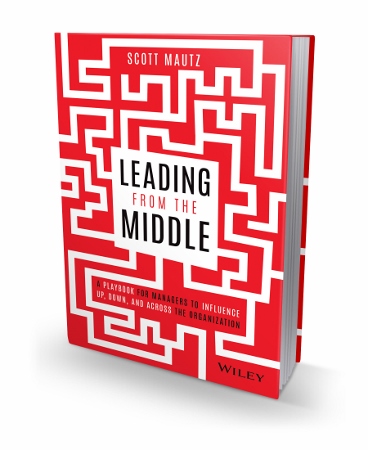
You just…can’t…do…another…one today.
Zoom meetings that is. (Or Microsoft Teams, or Google Hangouts etc. etc. etc.)
It’s a work hazard today as real as the hazards that skyscraper window-washers face (or at least it feels that way). The pain, exhaustion, and boredom of sitting through a day of back-to-back, face-to-face (virtually speaking) meetings.
You know all the standard advice to deal with it. Schedule the meetings in a way that gives you an occasional short break in-between so you can stand, stretch, clear your mind, and call on your reserves of focus. Create clear boundaries at home to maximize your chance of being undisturbed during virtual meetings so you don’t double your work by having to catch up with what happened while you were distracted.
But what you might not know about is The Law of Opposites, a law that came into existence with pre-pandemic meetings, but that’s truer than ever. I’ll explain it momentarily, but first let me remind you of this. Whether the meeting is in-person or virtual, there’s a reason why so many view meetings as wasteful, why so many are, and why so many of us dread them.
Bad meeting habits abound that add to the baked-in drudgery of a day full of meetings.
If it’s your meeting, of course you can run better meetings (a topic for another day). If you’re attending another’s meeting, this is where you apply The Law of Opposites, as I share in my new book, Leading from the Middle: A Playbook for Managers to Influence Up, Down, and Across the Organization. It’s a simple, but incredibly effective way to not only increase your meeting tolerance, but to dramatically increase your influence in those meetings.
Start by recognizing the most common, dysfunctional behaviors that occur in the meetings, then do the opposite.
Mic drop.
Acting in the opposite way will actually stand out and draw others to you as the undesirable behaviors are so common.
For example, be the person who is always present when others are multi-tasking – a temptation of especially herculean proportions with virtual meetings.
Listen when others are talking.
Provide helpful perspective when others are chiming in just to say something.
Be heard when others aren’t listening.
Share ideas, ask insightful questions, or respectfully push back when everyone else is silent.
Be data based when everyone else is emotional.
Bring humanity and light heartedness to a cold meeting.
Sound confident when others sound uncertain.
When others are confused or are adding to the confusion, help clarify and reframe.
When others avoid accountability, raise your hand and own it.
Be supportive when others are attacking.
Be prepared when others aren’t.
Know the audience when others don’t.
When a meeting is spiraling out of control, bring it back on track.
That’s it. Profound in its simplicity, The Law of Opposites is needed now, more than ever.
So, for any bad meeting habit that you see, and there are plenty (virtually, hybridly, or live and in person), commit to do the opposite. If it helps, in the margins of your meeting agenda, write down “do the opposite” as a reminder for you to do just that when you see unhelpful behaviors arise.
Get my new book, an Amazon #1 BEST-SELLER in multiple categories! Leading from the Middle: A Playbook for Managers to Influence Up, Down, and Across the Organization can be ordered here https://amzn.to/3as5tK8 OR… Get a massive BONUS BUNDLE by ordering copies for your team (5 or more) here: http://lftm.bulkbooks.com/ Check out a detailed book description here: https://bit.ly/2MLe5Do





Leave a Reply